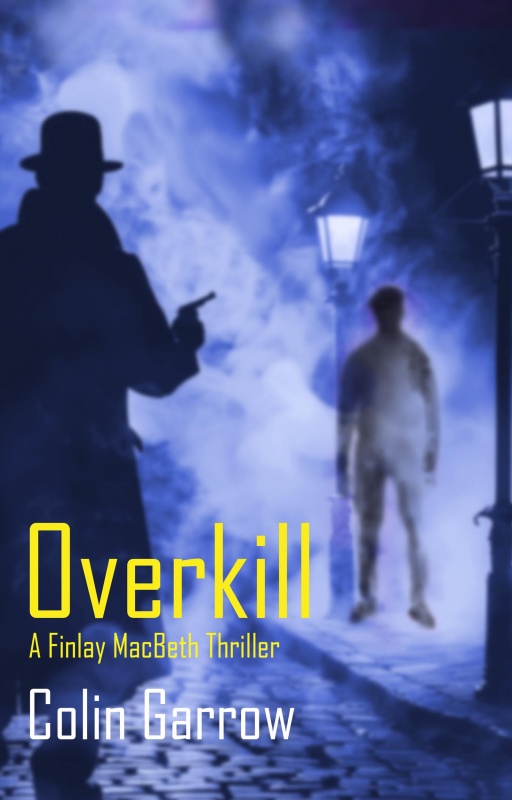 It’s a pleasure to be welcoming Colin Garrow to Novel Kicks and the blog tour for his latest novel, Overkill.
It’s a pleasure to be welcoming Colin Garrow to Novel Kicks and the blog tour for his latest novel, Overkill.
Edinburgh, Christmas Eve, 1936. A gruesome double murder. A white-faced killer. A mysterious stranger…
Still haunted by his recent past, Professor Finlay MacBeth is called in to assist the police following an horrific double murder. Traces of greasepaint and white cotton lead MacBeth and Inspector Callaghan to the Christmas Circus, but while they search for clues, someone else is watching them.
Meanwhile, bent cop Kilmartin still has MacBeth in his sights…
In this thriller series set in Edinburgh, Overkill is book #2 in the Finlay MacBeth series.
To talk to us about creating a series, it’s over to you, Colin.
Creating a new series is a bit of a challenge for any author – not only must you come up with a bunch of brand-new characters, but you also need to know where they live, what work they do and any interesting pasts they’ve had before appearing fully-formed in a new adventure. I’m not a plotter so never have any kind of outline to work from before I start writing. However, I do need to have a clear idea of the main character. With Metropolis, book one in the Finlay MacBeth series, I spent a lot of time working out who MacBeth might be, where he came from, what skills he might have and what (if any) issues might continue to throw up problems for him (such as being continually haunted by a dead man).
 It’s so wonderful to be welcoming Kelly Oliver to Novel Kicks and the blog tour for her latest book, The Case of the Christie Curse.
It’s so wonderful to be welcoming Kelly Oliver to Novel Kicks and the blog tour for her latest book, The Case of the Christie Curse. It’s Friday which means it’s time to start writing some fiction.
It’s Friday which means it’s time to start writing some fiction. We are pleased to be welcoming Nicola May to Novel Kicks and the blog tour for her book, Escape To Seahaven Bay.
We are pleased to be welcoming Nicola May to Novel Kicks and the blog tour for her book, Escape To Seahaven Bay. Welcome back to the Novel Kicks Writing Room.
Welcome back to the Novel Kicks Writing Room.  I’m excited to be welcoming Anna Normann to Novel Kicks and the blog tour for The Silent Resistance.
I’m excited to be welcoming Anna Normann to Novel Kicks and the blog tour for The Silent Resistance. Please join me in welcoming Jill Steeples back to Novel Kicks. She’s here with the blog tour for her latest book, Healing Hearts at the Forever Cottage.
Please join me in welcoming Jill Steeples back to Novel Kicks. She’s here with the blog tour for her latest book, Healing Hearts at the Forever Cottage.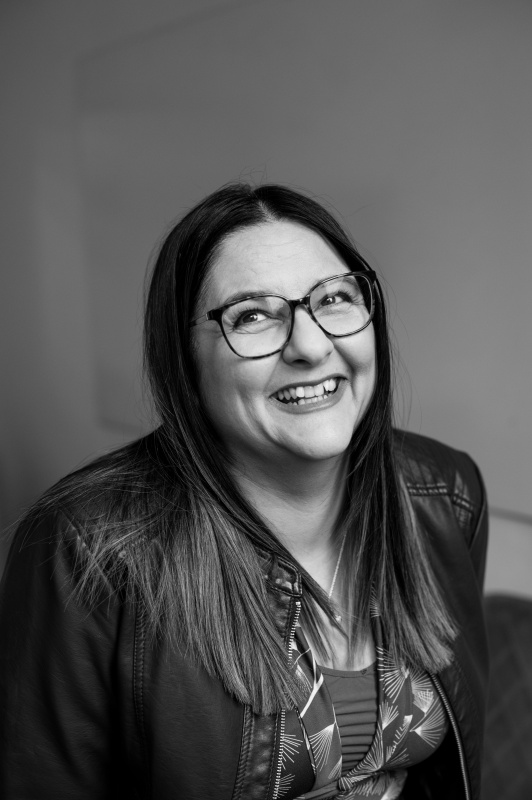 It’s so wonderful to be welcoming Rachel Debrave to Novel Kicks and the blog tour for her book, Too Much to Hope For.
It’s so wonderful to be welcoming Rachel Debrave to Novel Kicks and the blog tour for her book, Too Much to Hope For. Because for me, the question isn’t really about how explicit something is. It’s about whether it matters.
Because for me, the question isn’t really about how explicit something is. It’s about whether it matters.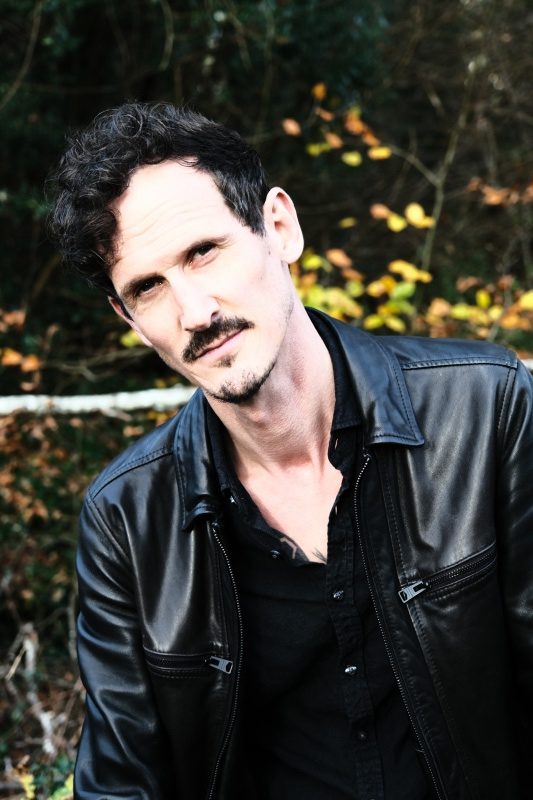 Thank you so much for joining me today and for inviting Novel Kicks onto your blog tour.
Thank you so much for joining me today and for inviting Novel Kicks onto your blog tour. 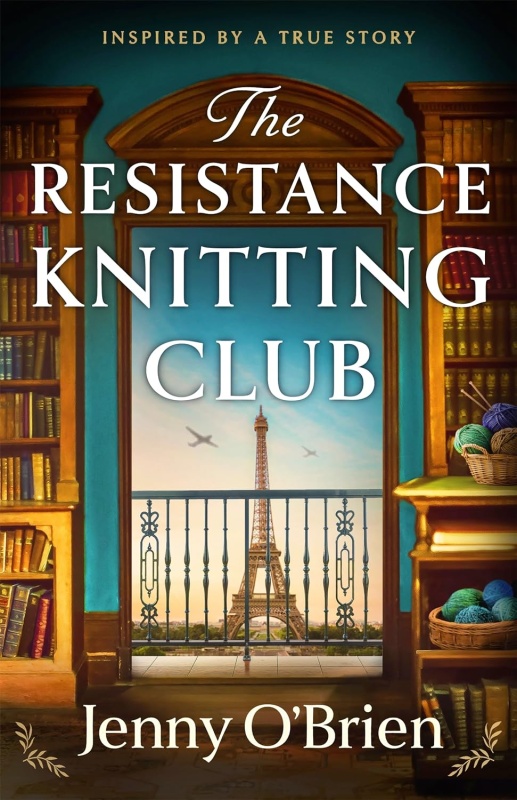 Please join me in welcomin Jenny O’Brien to Novel Kicks and the blog tour for her book, The Resistance Knitting Club.
Please join me in welcomin Jenny O’Brien to Novel Kicks and the blog tour for her book, The Resistance Knitting Club. It’s a joy to be welcoming Clare Flynn to Novel Kicks and the blog tour for her book, Under a Southern Sky.
It’s a joy to be welcoming Clare Flynn to Novel Kicks and the blog tour for her book, Under a Southern Sky.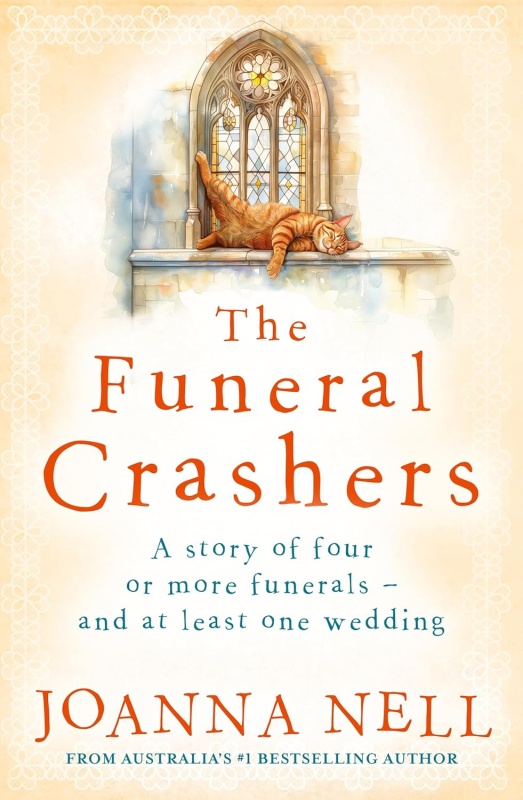 ‘There are a lot of lonely people in the world, Martin. Especially when you get to our age. This is the one place you can come where nobody judges. Besides, you don’t need to have known somebody personally to celebrate their life.’
‘There are a lot of lonely people in the world, Martin. Especially when you get to our age. This is the one place you can come where nobody judges. Besides, you don’t need to have known somebody personally to celebrate their life.’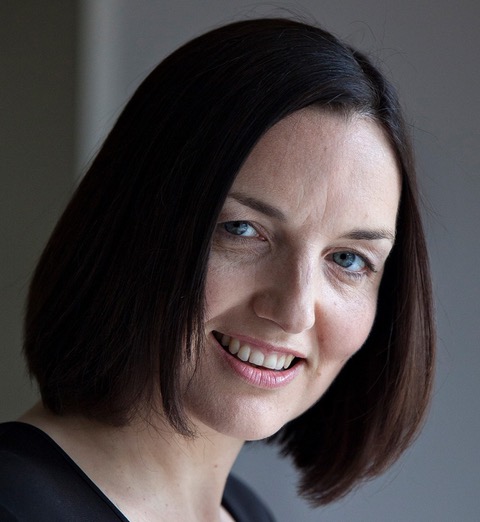 Lucy Kaufman is bringing the blog tour for The Heart-Shaped Box to Novel Kicks today. Welcome.
Lucy Kaufman is bringing the blog tour for The Heart-Shaped Box to Novel Kicks today. Welcome. 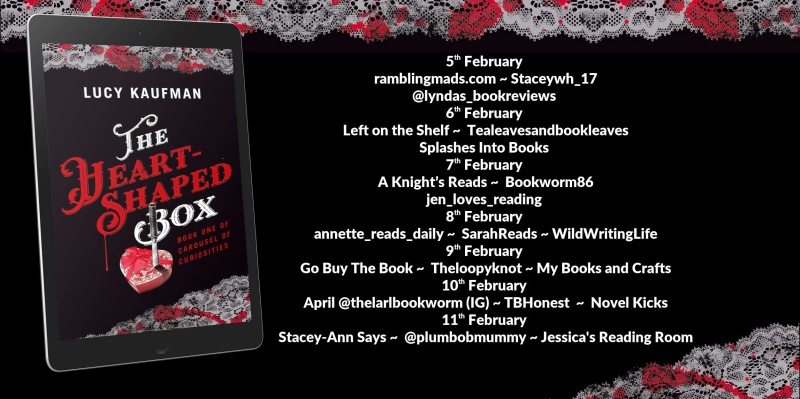 Like many schoolkids in the UK, the first novella I read was Of Mice and Men. Short enough to read over a term in a classroom and engaging enough a story for even the most book-phobic child to be drawn into its emotional world, it’s obvious why Steinbeck’s 30,000-word masterpiece has become an all-time classic as well as a Literature syllabus perennial.
Like many schoolkids in the UK, the first novella I read was Of Mice and Men. Short enough to read over a term in a classroom and engaging enough a story for even the most book-phobic child to be drawn into its emotional world, it’s obvious why Steinbeck’s 30,000-word masterpiece has become an all-time classic as well as a Literature syllabus perennial. Hi Kathleen. Thank you so much for joining us today and for bringing the blog tour for Katie’s Really Bad Day: A Story About Test Anxiety to Novel Kicks. What’s a detail, theme, or clue in your book that most readers might miss on the first read—but you secretly hope someone notices?
Hi Kathleen. Thank you so much for joining us today and for bringing the blog tour for Katie’s Really Bad Day: A Story About Test Anxiety to Novel Kicks. What’s a detail, theme, or clue in your book that most readers might miss on the first read—but you secretly hope someone notices?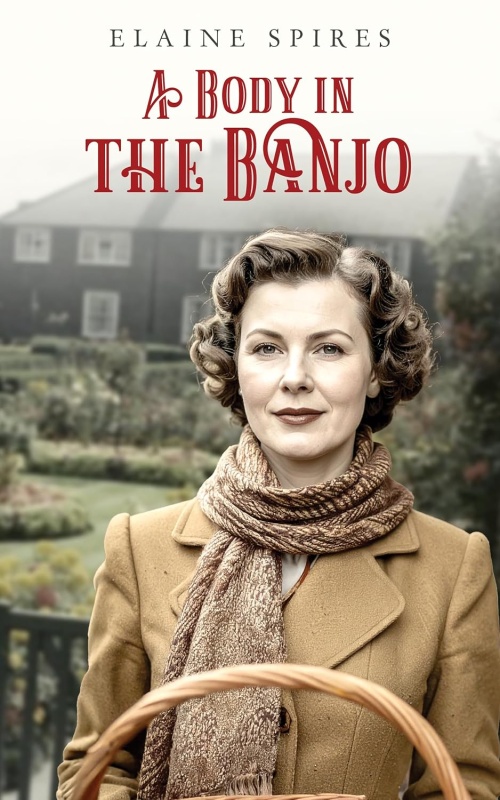 We are saying hello to Wednesday and welcoming Elaine Spires as she brings the blog tour for her book, A Body in the Banjo to Novel Kicks.
We are saying hello to Wednesday and welcoming Elaine Spires as she brings the blog tour for her book, A Body in the Banjo to Novel Kicks. Please join me in welcoming Ron Echols to Novel Kicks and the blog tour for his book, The Last Adam.
Please join me in welcoming Ron Echols to Novel Kicks and the blog tour for his book, The Last Adam. I am so pleased and excited to be welcoming R.J. Koreto to Novel Kicks and the blog tour for his novel, Winter’s Season.
I am so pleased and excited to be welcoming R.J. Koreto to Novel Kicks and the blog tour for his novel, Winter’s Season.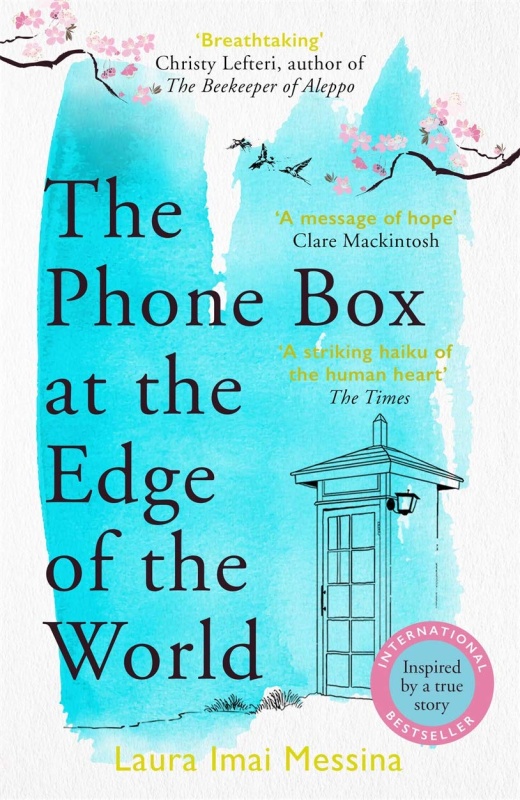 Hello and welcome back to the Novel Kicks Book Club.
Hello and welcome back to the Novel Kicks Book Club.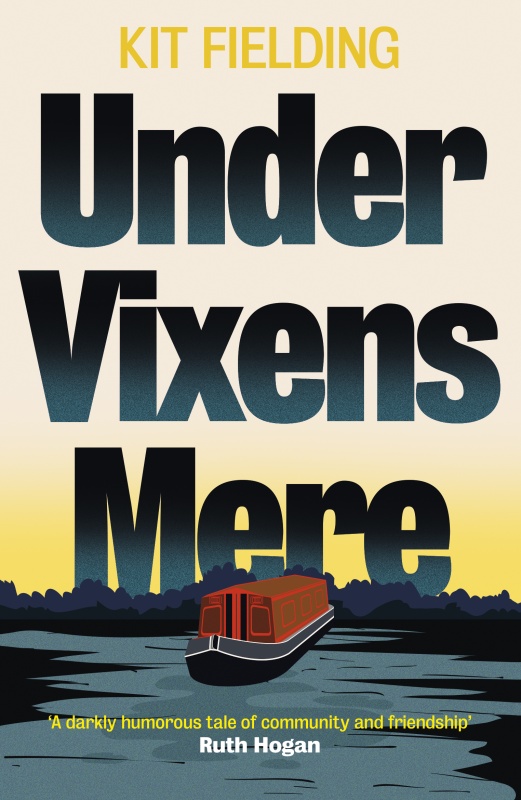 I’m so excited to be welcoming Kit Fielding to Novel Kicks and the blog tour for his book, Under Vixens Mere.
I’m so excited to be welcoming Kit Fielding to Novel Kicks and the blog tour for his book, Under Vixens Mere. Please join me in welcoming Siobhan Murphy to Novel Kicks and the blog tour for her latest book, The Vision Board.
Please join me in welcoming Siobhan Murphy to Novel Kicks and the blog tour for her latest book, The Vision Board. Hi Caroline. Thank you so much for inviting Novel Kicks onto your blog tour!
Hi Caroline. Thank you so much for inviting Novel Kicks onto your blog tour! 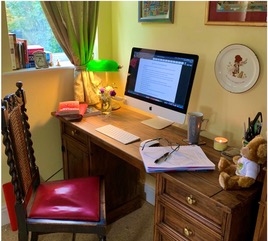 How do you approach the planning, writing, and editing processes?
How do you approach the planning, writing, and editing processes?  Please join me in welcoming Eva Glyn to Novel Kicks and the blog tour for her latest book, The Croatian Island Library.
Please join me in welcoming Eva Glyn to Novel Kicks and the blog tour for her latest book, The Croatian Island Library. I’m excited to be welcoming Mike Bond to Novel Kicks and the blog tour for his book, Assassins.
I’m excited to be welcoming Mike Bond to Novel Kicks and the blog tour for his book, Assassins. Please join me in welcoming Bruno Noble to Novel Kicks and the blog tour for his book, The Colletta Cassettes.
Please join me in welcoming Bruno Noble to Novel Kicks and the blog tour for his book, The Colletta Cassettes.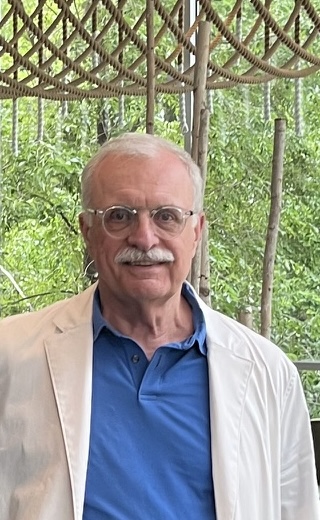 Hello Thomas. Thank you so much for joining me today. What sets your book, Fire Feud, apart from others in your genre?
Hello Thomas. Thank you so much for joining me today. What sets your book, Fire Feud, apart from others in your genre?
 Please join me in welcoming Holly Hepburn to Novel Kicks and the blog tour for her lateset book, The Locked Room.
Please join me in welcoming Holly Hepburn to Novel Kicks and the blog tour for her lateset book, The Locked Room. Please join me in welcoming Francesca Capaldi back to Novel Kicks and the blog tour for her latest book, Celebrations at the Beach Hotel.
Please join me in welcoming Francesca Capaldi back to Novel Kicks and the blog tour for her latest book, Celebrations at the Beach Hotel. Please join me in welcoming Sarah Rodi to Novel Kicks and the blog tour for her book, The Viking She Shouldn’t Crave.
Please join me in welcoming Sarah Rodi to Novel Kicks and the blog tour for her book, The Viking She Shouldn’t Crave. Please join me in welcoming Jill Bray to Novel Kicks and the blog tour for her book, A Brotherly Devotion.
Please join me in welcoming Jill Bray to Novel Kicks and the blog tour for her book, A Brotherly Devotion. “Alexander, it is good to finally meet you. My daughter Katherine has told me about you.”
“Alexander, it is good to finally meet you. My daughter Katherine has told me about you.” I’m delighted to be welcoming RJ Verity to Novel Kicks and the blog tour for her book, Poole of Light, book one in The Poole Legacy.
I’m delighted to be welcoming RJ Verity to Novel Kicks and the blog tour for her book, Poole of Light, book one in The Poole Legacy. I’m so excited to be welcoming Jessica Redland back to Novel Kicks and the blog tour for her latest book, Tomorrow Starts Today.
I’m so excited to be welcoming Jessica Redland back to Novel Kicks and the blog tour for her latest book, Tomorrow Starts Today. It’s a pleasure to be welcoming Robert Crane to Novel Kicks and the blog tour for his book as we shine a light on Take a Look at Me Now.
It’s a pleasure to be welcoming Robert Crane to Novel Kicks and the blog tour for his book as we shine a light on Take a Look at Me Now. Please join me in welcoming Naomi Kuttner to Novel Kicks and the blog tour for her book, The Retired Assassin’s Guide to Orchid Hunting.
Please join me in welcoming Naomi Kuttner to Novel Kicks and the blog tour for her book, The Retired Assassin’s Guide to Orchid Hunting.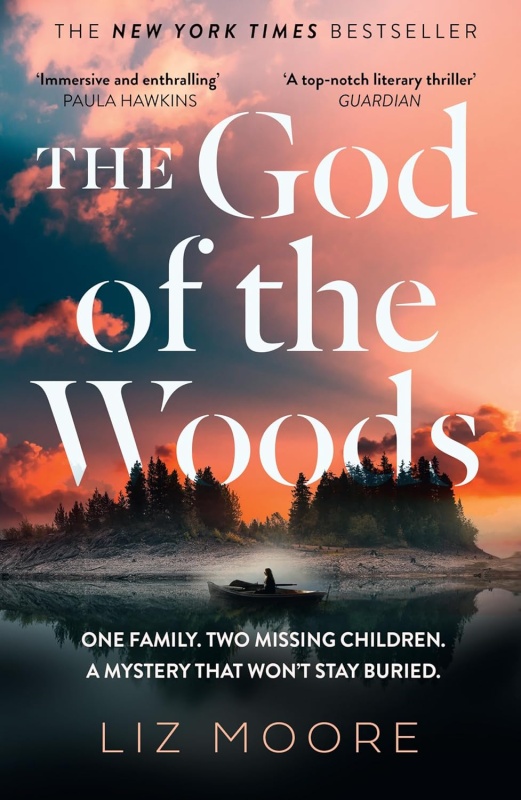 Hello to 2026. Howdy to January.
Hello to 2026. Howdy to January. 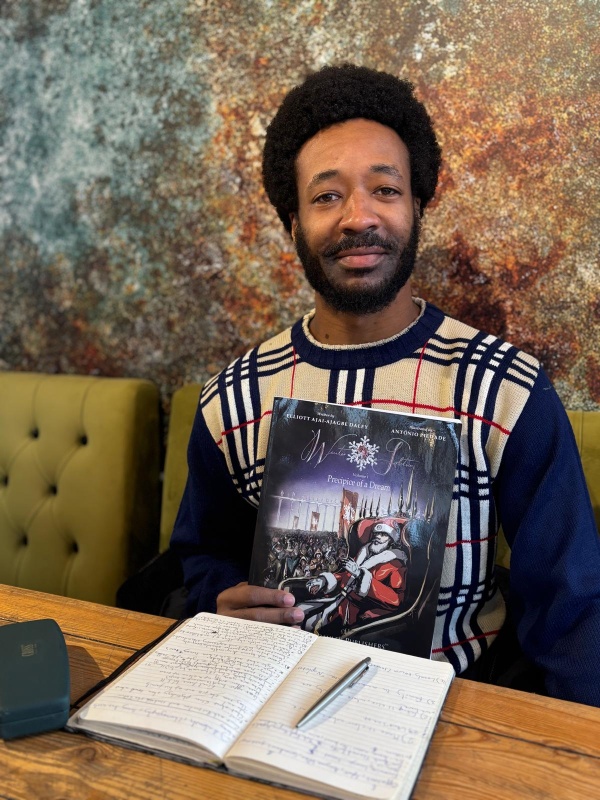 Hi Elliott, thank you so much for joining me today as we shine a light on your book, Winter Solstice: Precipice of a Dream. Can you
Hi Elliott, thank you so much for joining me today as we shine a light on your book, Winter Solstice: Precipice of a Dream. Can you It’s an absolute pleasure to be welcoming Effrosyni Moschoudi back to Novel Kicks as we shine a light on her latest book, My Greek Island Christmas.
It’s an absolute pleasure to be welcoming Effrosyni Moschoudi back to Novel Kicks as we shine a light on her latest book, My Greek Island Christmas. 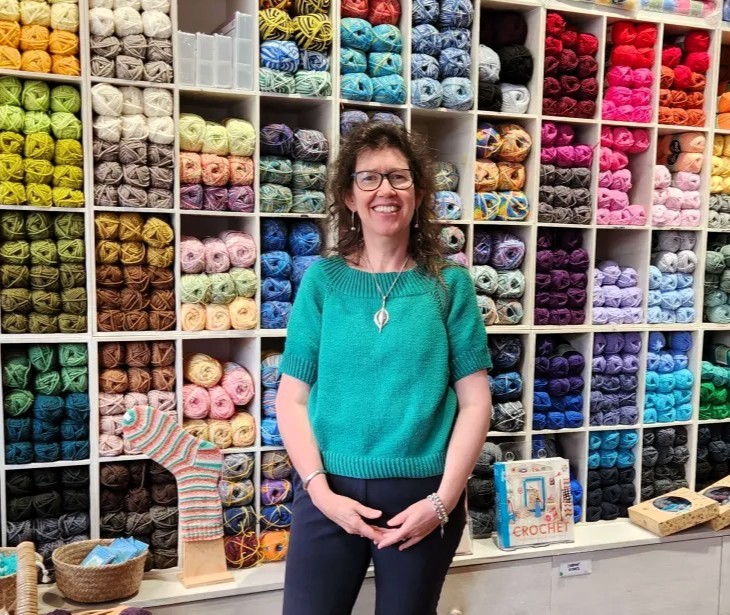 Hi Jodie. Thank you for joining me today. Can you tell me about Murder at the Summer Cheese Festival and what inspired it?
Hi Jodie. Thank you for joining me today. Can you tell me about Murder at the Summer Cheese Festival and what inspired it? Beyond and Within: Then There Were More.
Beyond and Within: Then There Were More.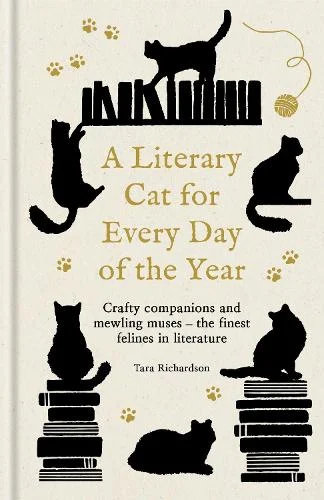 I love getting literary themed presents for Christmas.
I love getting literary themed presents for Christmas.  50 Must-Read Books Of The World Bucket List 1000-Piece Jigsaw Puzzle. (£18.00)
50 Must-Read Books Of The World Bucket List 1000-Piece Jigsaw Puzzle. (£18.00) Please join me in welcoming Mike Pace to Novel Kicks and the blog tour for his book, First Descent.
Please join me in welcoming Mike Pace to Novel Kicks and the blog tour for his book, First Descent. It’s a pleasure to be welcoming Dr. Brent Bradley to Novel Kicks and thank you for inviting us onto your blog tour. How did you research your book, Frantic?
It’s a pleasure to be welcoming Dr. Brent Bradley to Novel Kicks and thank you for inviting us onto your blog tour. How did you research your book, Frantic? Join me in welcoming Sherrie Todd Beshore to Novel Kicks and the blog tour for her book, Fine Points Malice and Payback.
Join me in welcoming Sherrie Todd Beshore to Novel Kicks and the blog tour for her book, Fine Points Malice and Payback. I’m so happy to be welcoming Suzanne Rogerson to Novel Kicks and the Audible blog tour for A Little Christmas Magic. Book 2 in the Winter Warmer Series.
I’m so happy to be welcoming Suzanne Rogerson to Novel Kicks and the Audible blog tour for A Little Christmas Magic. Book 2 in the Winter Warmer Series. It’s Friday which means it’s time to start writing some fiction.
It’s Friday which means it’s time to start writing some fiction.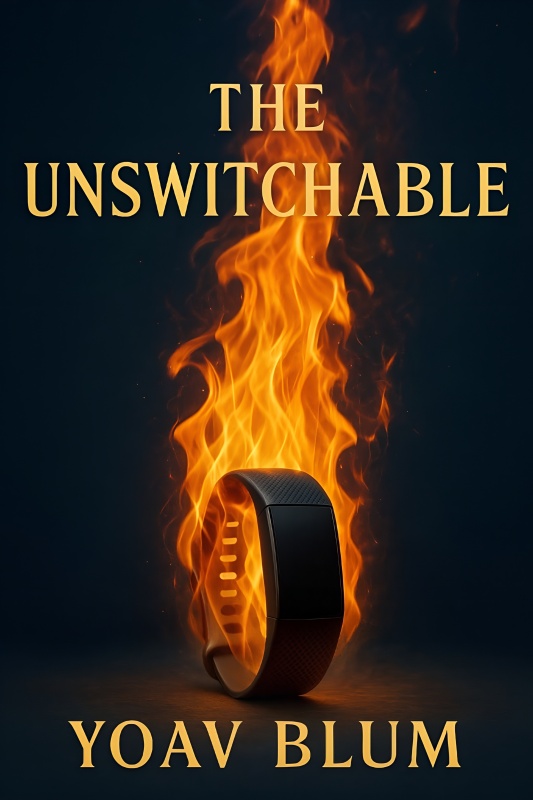 I’m so excited to be welcoming Yoav Blum to Novel Kicks and the blog tour for his book, The Unswitchable.
I’m so excited to be welcoming Yoav Blum to Novel Kicks and the blog tour for his book, The Unswitchable. It’s a pleasure to be welcoming K.L. Crear to Novel Kicks and the blog blitz for her book, A Christmas Caroline.
It’s a pleasure to be welcoming K.L. Crear to Novel Kicks and the blog blitz for her book, A Christmas Caroline.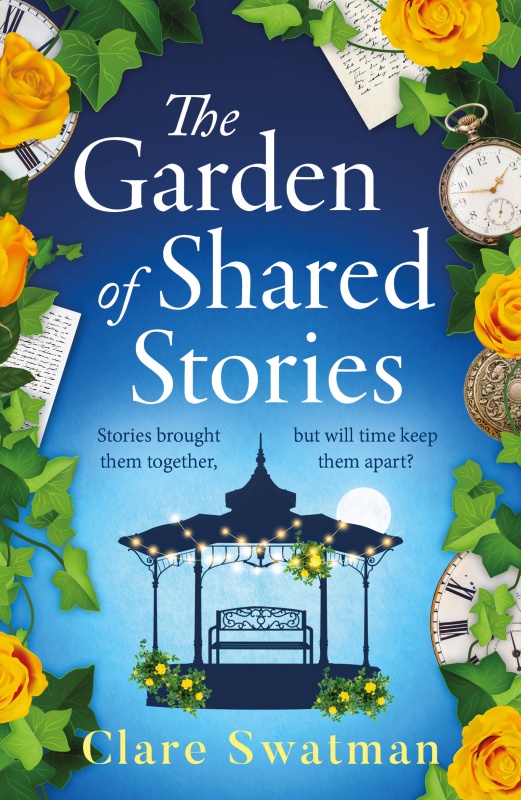 It’s so exciting to be welcoming Clare Swatman back to Novel Kicks and the blog tour for her latest book, The Garden of Shared Stories.
It’s so exciting to be welcoming Clare Swatman back to Novel Kicks and the blog tour for her latest book, The Garden of Shared Stories. Hi Darryl, thank you so much for joining me today. Can you tell us about your latest book, FC Farce and what inspired the idea?
Hi Darryl, thank you so much for joining me today. Can you tell us about your latest book, FC Farce and what inspired the idea? It’s so exciting to be welcoming Joy Wood to Novel Kicks today and the blog tour for her book, A Family Affair.
It’s so exciting to be welcoming Joy Wood to Novel Kicks today and the blog tour for her book, A Family Affair. Hi Robert, thank you so much for joining me today and for inviting Novel Kicks onto your blog tour. Can you tell me about your book, Dark Orchid Affair and what inspired it?
Hi Robert, thank you so much for joining me today and for inviting Novel Kicks onto your blog tour. Can you tell me about your book, Dark Orchid Affair and what inspired it?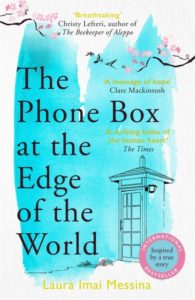
Recent Comments